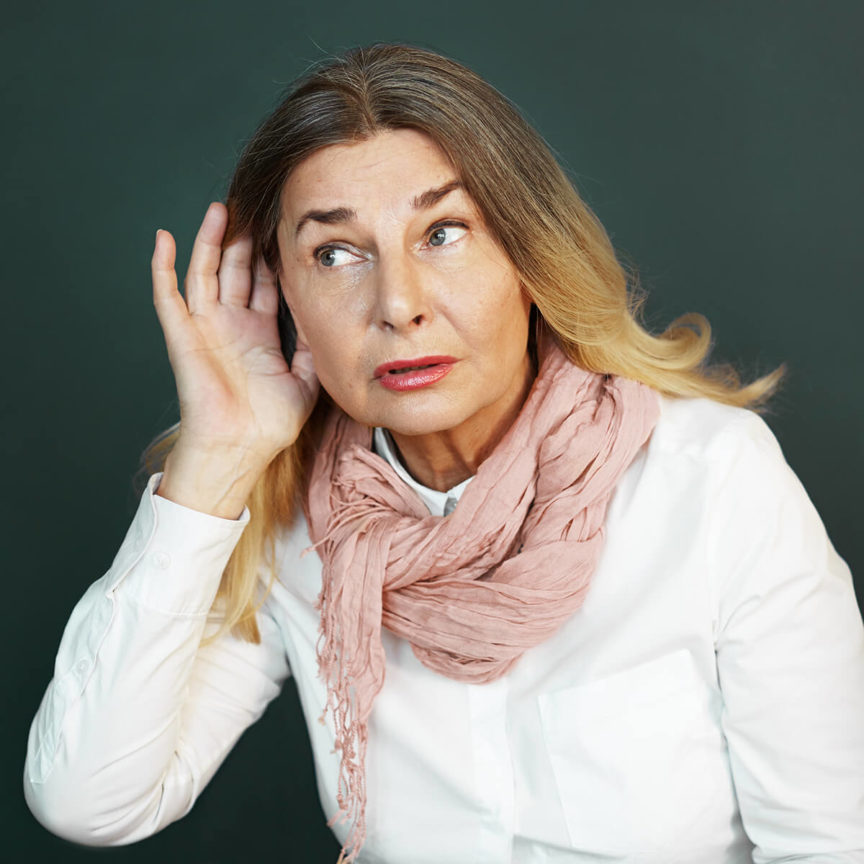- The Harm of Smoking to the Ears - April 9, 2025
- The Importance of Exercise for Hearing Health - March 11, 2025
- Movie Theaters and Hearing Aids - February 13, 2025
We are exposed to varying levels and types of noise on a daily basis. From alarm clocks, to the TV, cars honking, and noisy restaurants; we are constantly absorbing and processing noise. And some of this noise can actually be harmful for hearing, even contributing to noise induced hearing loss. According to the American Speech-Language-Hearing Association (ASHA), 30 million people in the U.S. are exposed to dangerous levels of noise on a regular basis. This is a common cause of hearing loss, a medical condition that impacts nearly 1 in 6 people. Learning more about noise pollution and ways to protect your hearing can prevent hearing loss.
Sources of Noise Pollution in Your Neighborhood
Noise pollution is one way we are exposed to noise in everyday life. It refers to environmental noise that surpasseses safe noise levels. The World Health Organization (WHO), defines noise pollution as noise that exceeds 65 decibels (dB) which is close to a vacuum cleaner. Continuous exposure to this level (and greater) of noise can be harmful to hearing health. There are everyday sources of noise pollution that reaches and exceeds 65dB including the following:
- Traffic: city traffic – sirens, cars honking, loud engines, etc. – can reach close to and even surpass 85dB. Other forms of transportation that can also be hazardous include trains as well as airplanes.
- Construction sites: if you live in a city, you are likely regularly passing by a construction site. From buildings, to paving new roads, and repair work – construction produces substantial noise which can be anywhere from 110dB to 120dB.
- Night life: another source of noise pollution includes nightlife – bustling restaurants, bars, clubs etc. are common sources of loud noise exposure. These social settings and environments can produce more than 100dB of noise.
Other factors that contribute to noise pollution include domestic machinery like lawn mowers and power tools, loud music, barking dogs and more. Exposure to noise pollution can have numerous effects on both hearing and overall health.
Impact of Noise Pollution on Health
You may already be familiar with the impact noise pollution can have on you. Common effects include:
- Fatigue: noise pollution provides additional sound that the ears and brain also absorb and process constantly. This requires more labor and energy, especially if you are having a conversation in an environment with background noise. This can contribute to listening fatigue and general fatigue.
- Tinnitus: tinnitus describes hearing a ringing or buzzing like noise in one or both ears. This symptom can be experienced from mild to severe and take a toll on hearing, sleep, concentration etc.
- Poor sleep: noise pollution can prevent you from initiating or maintaining quality sleep. This can also contribute to fatigue, irritability, inability to concentrate and complete daily tasks etc.
- Hearing loss: excessive noise exposure can also cause noise induced hearing loss. Loud noise can damage the hair cells in the inner ear. These sensory cells send auditory information to the brain which assigns meaning to the sound we hear. Loud noise can desensitize and weaken these cells, preventing them from playing this critical role. This results in the brain receiving less auditory information, producing chronic hearing loss.
Noise pollution can also contribute to or heighten stress, mood swings, and exacerbate symptoms for other underlying health conditions you may navigate. It is important to mitigate these effects and risks of noise pollution by practicing ways to protect your hearing health.
Tips to Protect Your Hearing Health
There are numerous ways you can protect your hearing and overall health from noise pollution. A few tips you can integrate into daily life include:
- Wear hearing protection: there are different types of hearing protection including headphones, earbuds, and earmuffs. This offers the ears with a physical barrier, reducing the amount of loud noise that is absorbed. These items are small enough to carry so that you have access to it when navigating a nosier space.
- Reduce exposure: there are several ways you can reduce your exposure to loud noise including maintaining low volume settings on electronic devices, taking alternate routes to avoid traffic and construction, taking listening breaks throughout the day, avoiding noisy environments and opting for quieter settings etc.
- Have hearing tested regularly: another great tip is to integrate hearing tests in annual health check-ins. This allows you to monitor your hearing health and address any symptoms early.
Contact us to learn more about noise pollution and ways you can protect your hearing health.

